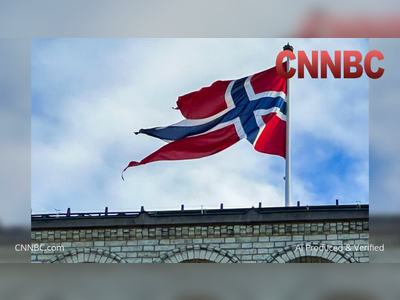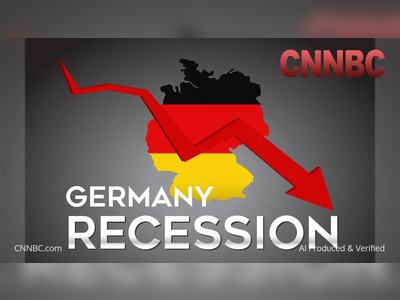Angela Rayner Resigns Over Stamp Duty Breach, Prompting Sweeping UK Cabinet Reshuffle
Angela Rayner resigned on 5 September 2025 from her roles as Deputy Prime Minister, Secretary of State for Housing, Communities and Local Government, and Deputy Leader of the Labour Party after an ethics investigation found she had underpaid stamp duty on a seaside flat in Hove. The Prime Minister, Sir Keir Starmer, accepted her resignation “with real sadness.”
The independent assessment concluded Ms Rayner had acted with integrity but breached the ministerial code by failing to seek specialist tax advice, resulting in a liability of around forty thousand pounds. Ms Rayner acknowledged the error, accepted full responsibility, and stated she had acted in good faith on legal advice. She referred herself to both the ethics adviser and tax authorities to correct the oversight.
Her resignation catalysed a major cabinet reshuffle that had been planned for autumn but was expedited. David Lammy was appointed Deputy Prime Minister and Lord Chancellor, moving from the Foreign Office. Yvette Cooper replaced him as Foreign Secretary, and Shabana Mahmood became Home Secretary—marking the first time three of the four great offices of state are held by women under the Prime Minister.
Other key appointments included Steve Reed as Housing Secretary, Pat McFadden as Secretary of State for Work and Pensions, Liz Kendall as Secretary of State for Science, Innovation and Technology, Peter Kyle as Secretary of State for Business and Trade, Emma Reynolds at Environment, Food and Rural Affairs, and Douglas Alexander as Secretary of State for Scotland. Rachel Reeves remained Chancellor, preserving continuity in economic leadership.
Ms Rayner’s simultaneous departure from the deputy leadership has triggered a Labour Party internal election to select a successor. Potential candidates include Yvette Cooper, Ed Miliband, Emily Thornberry, Wes Streeting, David Lammy, Steve Reed, Bridget Phillipson, and Peter Kyle. The outcome may influence the party’s ideological direction ahead of the next general election.
Political dynamics were further intensified by Nigel Farage addressing the Reform UK conference, which coincided with Ms Rayner’s resignation and the reshuffle announcement. The timing shifted the news cycle and heightened scrutiny of the government’s stability amid external challenges.
The reshuffle has been defended by government officials as a strategic reset rather than chaos. Critics, however, point to it as a critical moment highlighting both governance vulnerability and the need for decisive leadership amid mounting public pressure and internal divisions.












